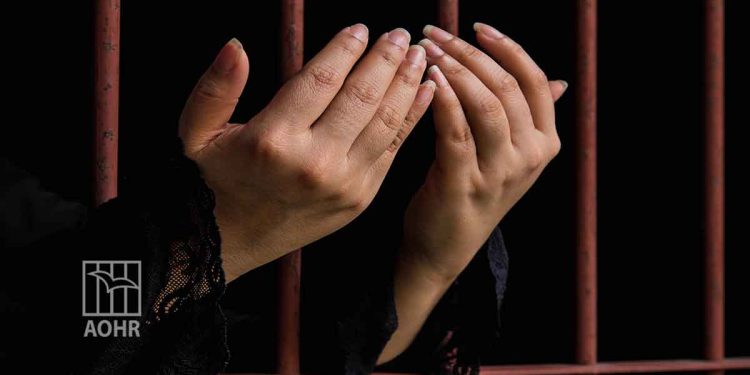The occupied Palestinian territories have witnessed an unprecedented escalation in the arrest campaigns waged by the Israeli occupation authorities against Palestinians in the West Bank and Gaza Strip since the beginning of the war of extermination and displacement in October 2023. More than 16,400 arrests have been recorded in the West Bank, including approximately 800 in March 2025, including the arrest of 84 children and 18 women.
Coinciding with the escalation in arrest campaigns, numerous violations were documented inside prisons and military centres holding Palestinian prisoners. Three prisoners died in March, including 17-year-old Walid Ahmed, who died in Megiddo Prison as a result of a complex crime involving detention in harsh health conditions, including scabies. This is not the first such incident, as prisons are witnessing a widespread outbreak of the disease, which has become a serious health threat to prisoners.
The Israeli occupation government has continued its escalation of military operations against Palestinians, adopting a policy of mass arrests aimed at crushing any ongoing popular resistance.
Administrative detention campaigns are also continuing significantly, with the number of administrative detainees reaching 3,498, including more than 100 children. The arrests come at a time when prisons are suffering from overcrowding and a dangerous deterioration in health conditions.
Living conditions inside Palestinian prisons under Israeli occupation are deteriorating, with many prisoners forced to relieve themselves in unfit containers and subjected to physical and psychological torture. Many detainees suffer from chronic illnesses or serious injuries as a result of severe beatings during arrests, exacerbating their suffering.
The psychological and physical exhaustion of prisoners has reached its peak with the continued use of solitary confinement by the occupation authorities in an attempt to undermine the morale of prisoners, especially leaders of the prisoner movement.
In occupation prisons, such as Megiddo and Ramon, many prisoners are held in solitary confinement under harsh conditions, exacerbating their health and psychological crises.
For their part, the occupation authorities seek to impose a complete media blackout on the situation inside prisons. Visits by lawyers and legal staff have been restricted, exacerbating the prisoners’ legal isolation and increasing their suffering.
It is worth noting that Israeli arrests in the West Bank and Gaza Strip are part of a systematic policy aimed at entrenching ongoing violations of the basic rights of Palestinians, including the right to freedom of movement, their health rights, and their right to a fair trial.
In light of these ongoing violations, the need for urgent international action to hold the occupation accountable for its crimes against Palestinian prisoners grows, and to exert political pressure on the occupation to end these violations and provide the prisoners with the minimum human rights.
The basic rights of Palestinian prisoners, including the right to a fair trial and the right to healthcare, must be the focus of the international community’s attention, while emphasizing the need to respect the rules of international law and the Geneva Conventions.


























